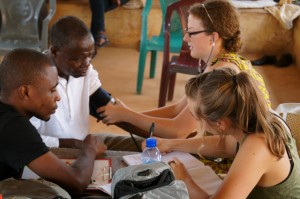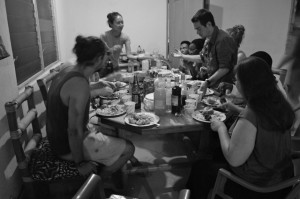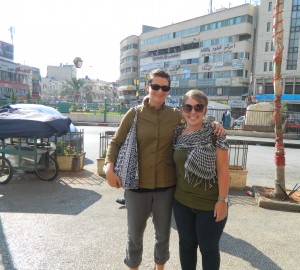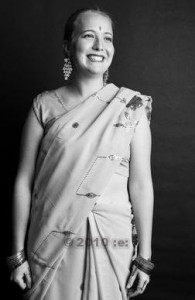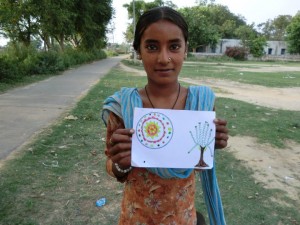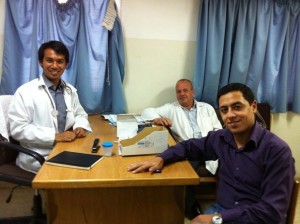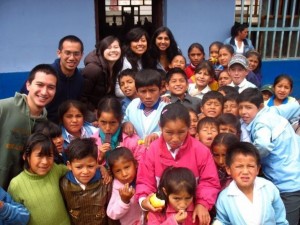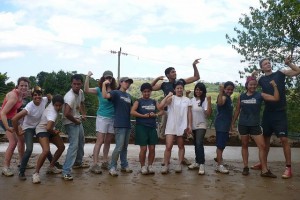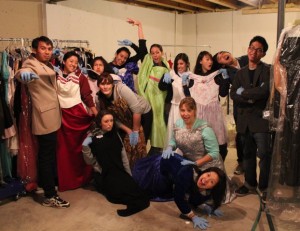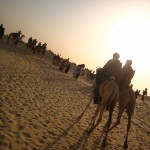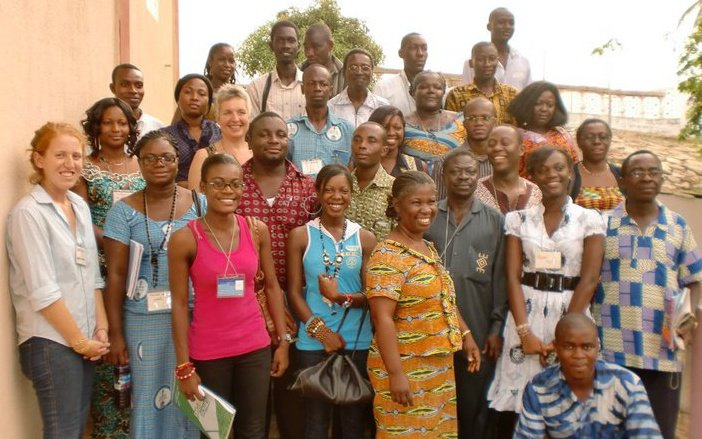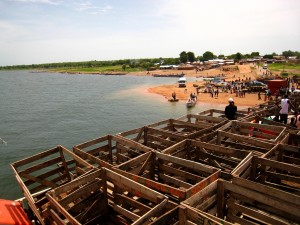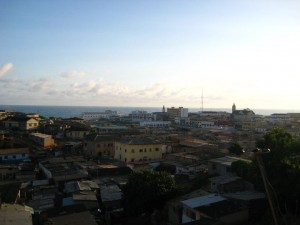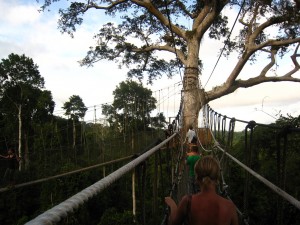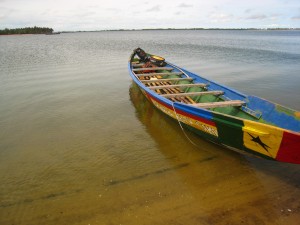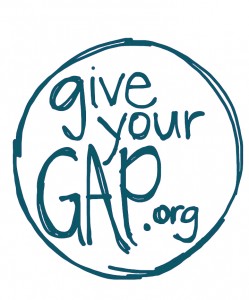 This week’s feature was written by Kristine Sloan, who currently serves as the Director of Operations for ACIPP West Africa.
This week’s feature was written by Kristine Sloan, who currently serves as the Director of Operations for ACIPP West Africa.
The World is like a Mask dancing. If you want to see it well, you do not stand in one place.
–Chinua Achebe, Arrow of God
I’d say I first got involved with ACIPP four years ago, when I traveled to Ghana on a study abroad. I met our founder, Simon Eyram Tsike-Sossah then. What struck me then, and continues to strike me now, is Simon’s simultaneous optimistic energy and hardened realism about volunteering and interning abroad. I was forced to question my motives for studying abroad in Sub-Saharan Africa. Was I really giving through my volunteerism, or was I merely receiving: wisdom, experience, and a paradigm shift.
West Africa wielded its way into my heart, and though I travelled and worked on three other continents and regions throughout the world in the next four years, I knew I wanted to go back. Ghana, the land of tro-tros, mangos, and red soil had spoken to me in a way that other places simply did not.
So, in the summer of 2011 I emailed Simon (well, I think I Facebook messaged him—we love social media). There was an internship opportunity available to lead a Farm project in Ghana, and I wanted in. I’m currently working on my Masters degree, and the Farm offered me an avenue for practical experience as well as a chance to complete research with a local community nearby. The emails back and forth kept at a steady stream, and it seemed my philosophy on interning and volunteerism had more closely aligned with Simon’s. We shared a common goal: engaging interns and volunteers in a way that provides lasting impact to organizations on the ground, rather than simply an “experience” for the intern.
Thus, after about 11 months of working on various projects, I was offered the Director of Operations position with ACIPP. My plans for the summer had changed, and now I was off to both the farm in Ghana and to Freetown, Sierra Leone, where we also offer internship opportunities with 5 different incredible and engaging organizations.
Freetown is madness: 1.5 million people in one city, most who fled there for refuge and never left. The streets are congested, people living in the valleys, neighbors everywhere. Freetown is also beautiful: mountains behind you falling into the sea, colors and energy and a resilient vibrancy that WILL bring growth and vitality to this post-conflict country. During my time there I met with heads of organizations, felt their commitment and drive to their mission and values, and wanted to sign up to intern with each of them myself! At night, looking out over a city of darkness knowing that our house, with our generator, may be the only of a handful in a city of over 1 million that has electricity, and yet listening to the neighborhood soccer game, the conversations in the street below, and the endless chatter of chickens and dogs; I knew our interns would do well here.
The rest of my summer passed in Ghana, where I was welcomed with the warmest hospitality by our house manager, Ms. Mavis Aseidu, and where we had 16 interns living in our house in Kwaprow village. It was madness, but it was wonderful. Importantly, we saw the expectations of our interns and the struggle for them to conceptualize and internalize their experiences, which were far out of their ordinary. We also saw the impact on placement organizations, where our interns published news articles, edited media content, led community health talks and importantly, left behind their curriculum for future use. We created partnerships between organizations and new communities; we fostered capacity, at the heart of ACIPP’s mission.
I think the most important thing for people to consider when they think about interning abroad is what set of skills/knowledge they can share, and what set of skills/knowledge they hope to receive. Does impact last? Are we creating situations where we, as interns and as staff, are at the periphery (not the center) of community engagement? Are we building local leaders, or are we simply leading? These things are crucial, because in a way, they multiply time if achieved. Effort catalyzes action, rather than simply acting itself. That’s what makes ACIPP so unique I think. We believe in the agency of the places that we work to solve, to create, and to be receptive.
West Africa is an incredible place to work and to live. I’m so proud of ACIPP West Africa, both of our dedicated staff and all of our interns (over 27 just this year). Everyone works hard. They make friends; they create relationships. Just as importantly, they go out to a bar in a gas station (yeah, you’ll have to come visit us) and drink cheap beer, dance all night, and have a great time.
I hope to see all of you there.
-Kristine
To check out our various internship opportunities and learn more about us please visit our website: www.acippwestafrica.org
Like us on Facebook “Acipp West Africa”
and feel free to email me with comments, questions or inquires at Kristine.sloan@acippwestafrica.org.

